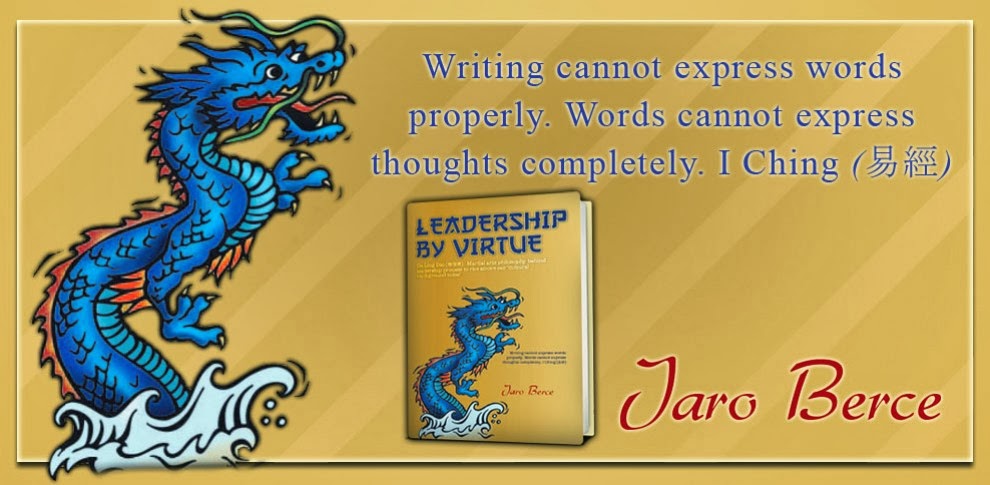A Wing Chun practice on a hot evening at the end of spring: we were already well warmed up and our martial arts instructor told us to make pairs to begin a drill of punching, carefully chosen to practice a special sequence of repetitions (see about it in Pushing hands). Repetitions are the ones that bring ingrained knowledge to the surface at the right time. You start to respond in a subconscious way. When attacked we mostly don’t have time to think what to do. Therefore, our body should react suitably.
Every few minutes we changed partners. This improves the techniques as each of us is somehow different – smaller, harder, heavier, quicker. Meanwhile the instructor usually practiced with a guy who had no partner or he thought that needs an extra practice with him.
It was my turn at the time. We began exchanging of punches with a moderate speed to be told later by the instructor to quicken it and some other sequences were added. I pushed a bit harder knowing that instructor is much better than we are and can withstand faster, more dynamic, mixed type of punches. Then, in a heat of practice when sweat was running from both, I hit him with a very precise punch but still under control. With a high pitch voice the instructor stopped the practice. I thought he will explain and praise me. Being a teacher myself and also a father I’m always proud if my students or kids surpass me.
No, that was not about the praise!
 He started to shout at me! Pretty angry he said that I should control my punches as he controls them, otherwise he would injure or even kill with a punch. He might as well demonstrate it if it is what we want …
He started to shout at me! Pretty angry he said that I should control my punches as he controls them, otherwise he would injure or even kill with a punch. He might as well demonstrate it if it is what we want …Others, me particularly, were unpleasantly surprised and in sort of stupefied. Nobody was able to understand his anger and behaviour. Is this not a martial art’s environment where hits and small injuries are part of training? Nobody was actually hurt. No blood was spilled … just some small red mark on his cheek demonstrated what happened few seconds before.
What went wrong?










